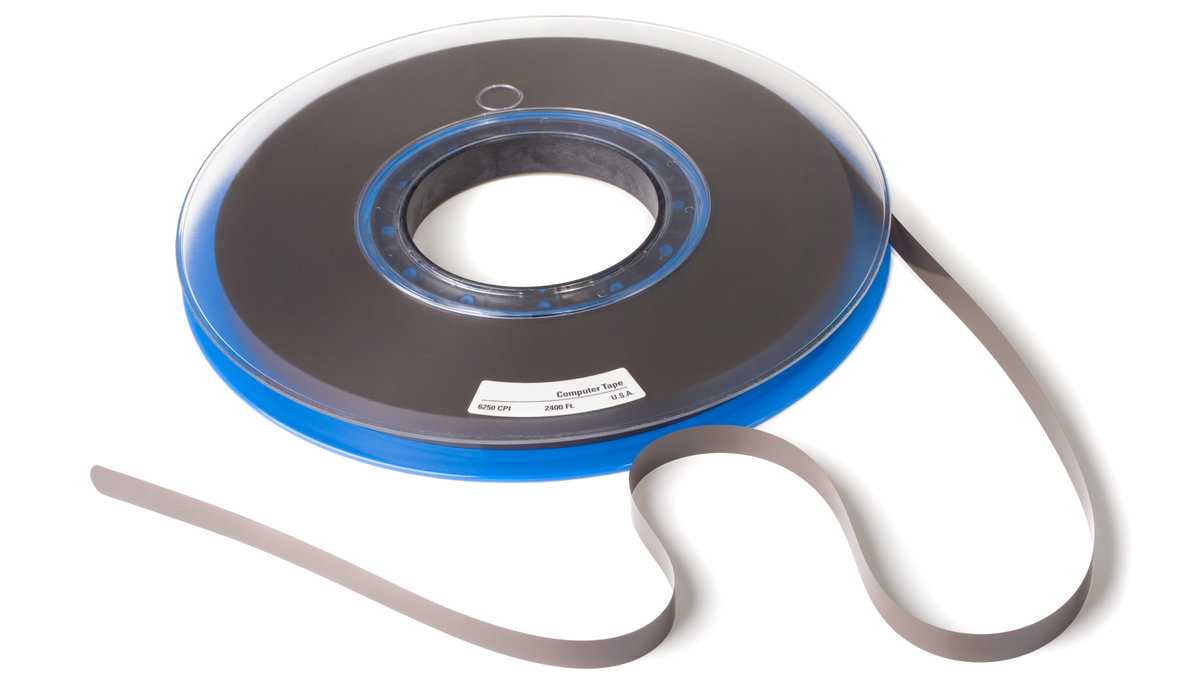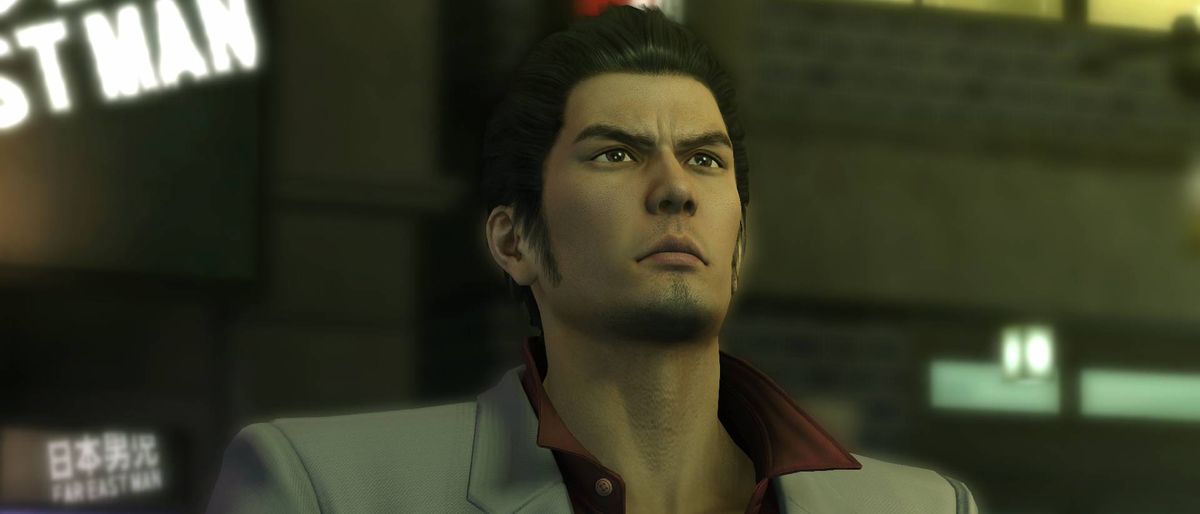In the 1930s and 40s, mathematician Alan Turing and other Allied cryptologists devoted monumental efforts to break the German encryption machine, the Enigma, which Nazis used to send secret messages during World War II. Today, however, modern computers and artificial intelligence could break the Enigma code without breaking a sweat, as reported by The Guardian.
“Enigma wouldn’t stand up to modern computing and statistics,” Michael Wooldridge, a professor of computer science at the University of Oxford, told the publication.
In the 1930s, Polish cryptologists began the arduous task of decoding Enigma, which at one point had 150,000,000,000,000,000,000 possible solutions. They successfully developed “bombas,” also called “bombes”—machines that could decrypt messages encrypted by Enigma. Germany increased the complexity of Enigma’s encryption, however, and as the threat of German invasion loomed, Poland’s intelligence bureau handed over their work to the British and French. The British team, including Alan Turing, built upon Poland’s work. They exploited weaknesses in the Enigma codes, such as the fact that no letter was ever encrypted as itself.
“Essentially the enigma devices got their power because the number of possible ways in which a message could be encrypted was astronomically large. Far, far too large for a human to exhaustively check,” Wooldridge told The Guardian, adding that bombes were essentially mechanical computers that automatically sifted through the gargantuan number of possible decryptions.
Sound familiar? That’s because modern-day artificial intelligence is trained to do exactly that: find patterns in huge amounts of data, which would take scientists a prohibitive amount of time to calculate by hand. It’s no surprise, then, that Turing is considered the father of theoretical computer science and artificial intelligence. If only he could see how far the field has come since his time.
“It would be straightforward to recreate the logic of bombes in a conventional program,” such as ChatGPT, Wooldridge explained, as reported by The Guardian. “Then with the speed of modern computers, the laborious work of the bombes would be done in very short order,” he added. “Enigma would not remotely be a match for these.”
When I asked ChatGPT to confirm this directly, it responded: “Wooldridge’s quote is broadly accurate: Enigma would not stand a chance today. But it’s not because AI like ChatGPT alone can break it—it’s because modern computing can trivially simulate what the Allied bombes did, and do so much faster.”
This, however, doesn’t make Turing and his colleagues’ achievement any less admirable—especially given some estimates that their efforts shortened the war by up to two years.








 English (US) ·
English (US) ·